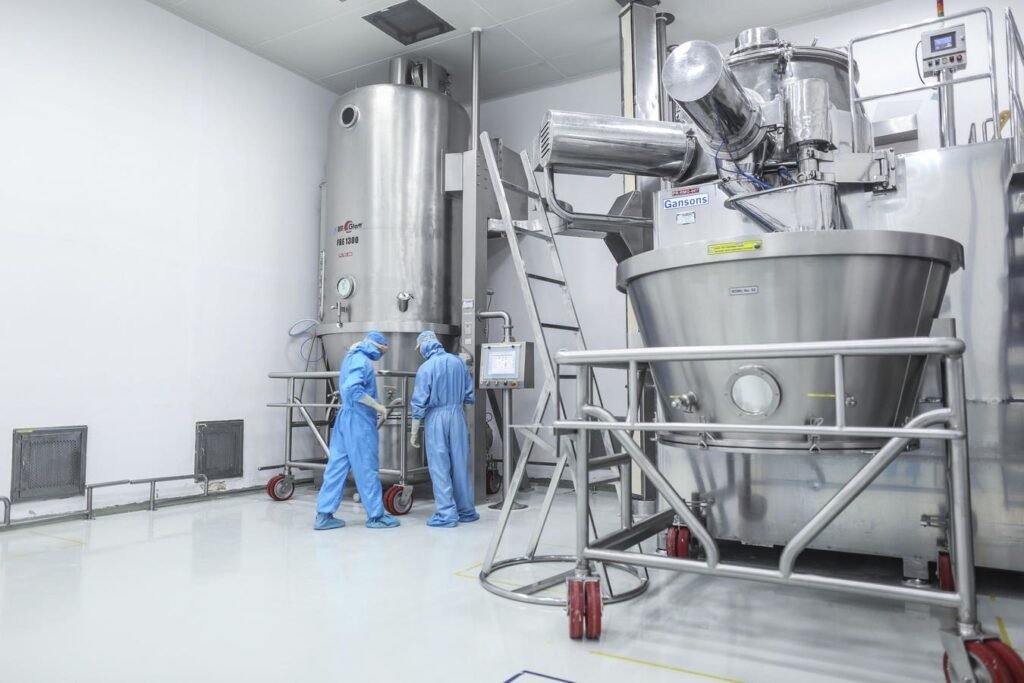This week’s edition of InnovationRx covers the impact of tariffs on healthcare costs, pioneers in treating MS, AI for clinical decision-making, and more. To receive it in your inbox, subscribe here.
Last week, Trump fulfilled a core campaign promise by imposing sweeping tariffs, with pharmaceuticals potentially facing a major tariff soon. This could significantly increase costs for generic drug manufacturers, potentially impacting millions of Americans who rely on them. Medical device makers are also at risk, with overseas manufacturing likely to face increased costs. These price hikes could have a significant impact on healthcare systems nationwide.
In other news, pioneers in the study of multiple sclerosis, Stephen Hauser and Alberto Ascherio, were awarded the 2025 Breakthrough Prize in Life Sciences. Hauser’s discovery of the role of B cells in MS has revolutionized treatment, while Ascherio’s work linking MS to Epstein-Barr virus could lead to new prevention methods.
Additionally, a stem cell-based fertility treatment called Fertilo, developed by biotech company Gameto, has shown promising results in increasing successful pregnancies. A study found that using Fertilo alongside in vitro maturation more than doubled the success rate compared to conventional methods.
Finally, a study by researchers at Cedars-Sinai, Tel Aviv University, and K Health suggests that artificial intelligence can rival doctors’ decision-making in certain situations. A recent study, published in the peer-reviewed Annals of Internal Medicine, compared the recommendations of K Health’s AI chatbot to those of real-life doctors for patients with acute respiratory, urinary, vaginal, eye, or dental symptoms during virtual urgent-care appointments. The study revealed that the AI aligned with doctors’ clinical decisions in 66% of cases and provided higher-quality care in the remaining one-third.
In the realm of MedTech, additive manufacturing company 3D Systems announced the successful 3D printing of a high-performance plastic facial implant at the point of care. This custom medical device was utilized in a surgery at University Hospital Basel in Switzerland.
A new report from RAND sheds light on the challenges faced by emergency departments in hospitals nationwide. The report highlights the increasing complexity of medical issues handled by ERs, coupled with declining payments and funding issues. The authors recommend additional funding for emergency departments and enhanced investments in primary care to alleviate overcrowding.
In the realm of deals, biotech startup RayThera secured $110 million in funding to develop small-molecule therapies in immunology. This San Diego-based company plans to advance its drug candidates into Phase 1 clinical studies. Additionally, GSK entered into a licensing agreement with Korean biotech ABL for neurological therapeutics, with the deal valued at up to $2.6 billion.
In other news, measles outbreaks are becoming more common due to actions taken by the Trump Administration. The refusal to expand coverage for GLP-1 drugs under Medicare and Medicaid has sparked debate, while budget cuts threaten progress in HIV/AIDS prevention efforts. Furthermore, the FDA’s budget cuts may slow down the drug approval process, and the absence of an acting director at the CDC raises concerns about decision-making within the agency.
Overall, the healthcare landscape is evolving rapidly, with technological advancements, funding challenges, and policy changes shaping the future of medicine. Can you please rewrite this sentence for me?


